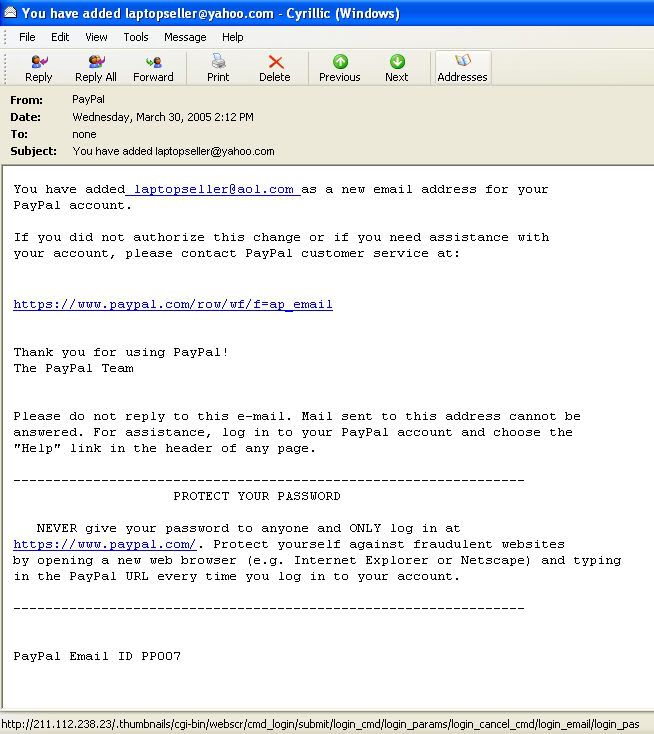The federal courts have grown too big, even for robes as capacious as the ones they inhabit! They have overstepped their bounds time after time with decisions that have thwarted the will of the People, have been made up out of whole cloth, and, in some cases, put the People in jeopardy (i.e. War on Terror). It is time for this to stop!
The United States is governed at the behest of the the People through their representatives (Congress). Congress has the power to configure (make or dissolve lower courts) and REGULATE the Supreme Court.
With the power vested, by the Constitution, in the U.S.Congress, they can decide, through legislation, what kind of cases the Supreme Court can review, the parameters the Court can use, and the existence, or non-existence, of lower courts.
Section 2 of Article 3 reads " ...with such Exceptions, and under such Regulations as the Congress shall make." This gives Congress the power to decide what cases can be reviewed by the Courts, and under what criteria. Congress should remove the power of the courts to review "enemy combatant" cases so the war on terrorism can be fought, unhampered. Congress should also stop the Courts from using precedents from foreign sources, as in the recent decision removing the threat of execution from criminals who committed their crimes before they turned eighteen.
Section 1 of Article 3 gives Congress the power to "ordain and establish" lower courts. Throughout the history of this nation, lower courts have been dissolved and established as needed. If a lower court keeps making decisions without regard to the preceden! ts set by the Supreme Court, the Ninth Circuit Court of Appeals comes to mind, then that court could and should be abolished by Congress.
The fact that Congress has these powers at it's disposal is not new, or hidden. It was used to stop the supreme court from reviewing Ex parte McCardle, in 1869 and several times before and since. It is routinely used to protect pet legislation. In the 107th Congress (2001-2002), Congress used it on 12 occasions to limit the jurisdiction of the federal courts.
It is time for our representatives in Congress to, take a deep breathe, step up to the plate, take the bull by the horns, and exercise the Constitutionlly granted right to put the Courts back in their place.
gowain

